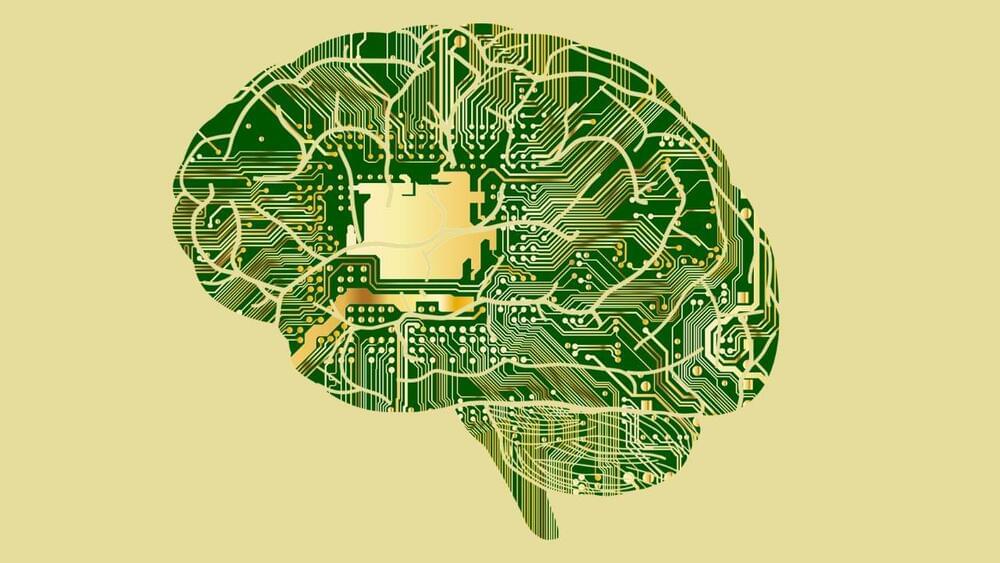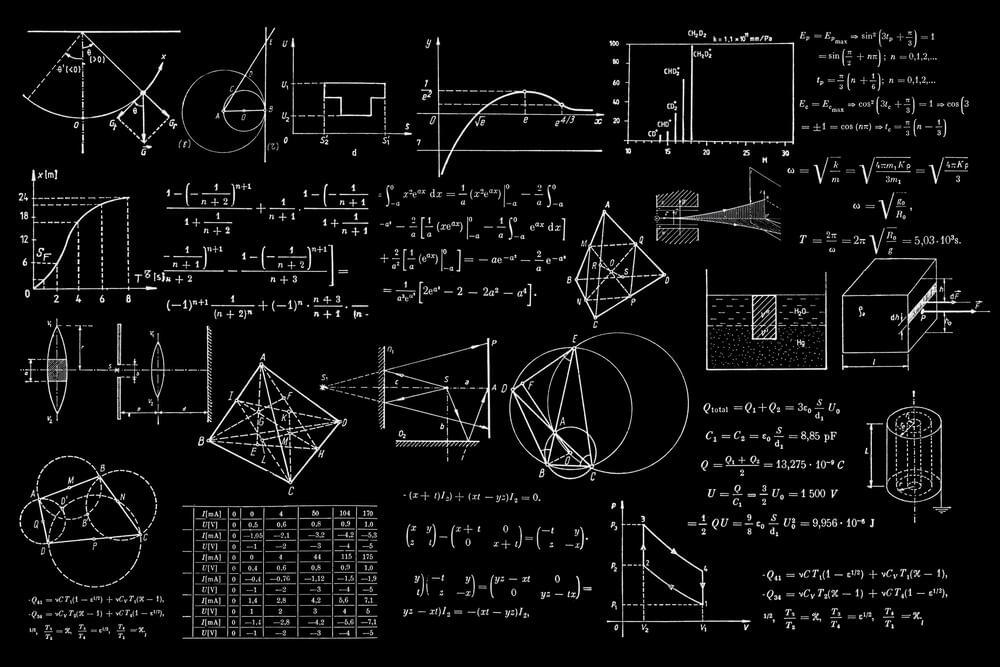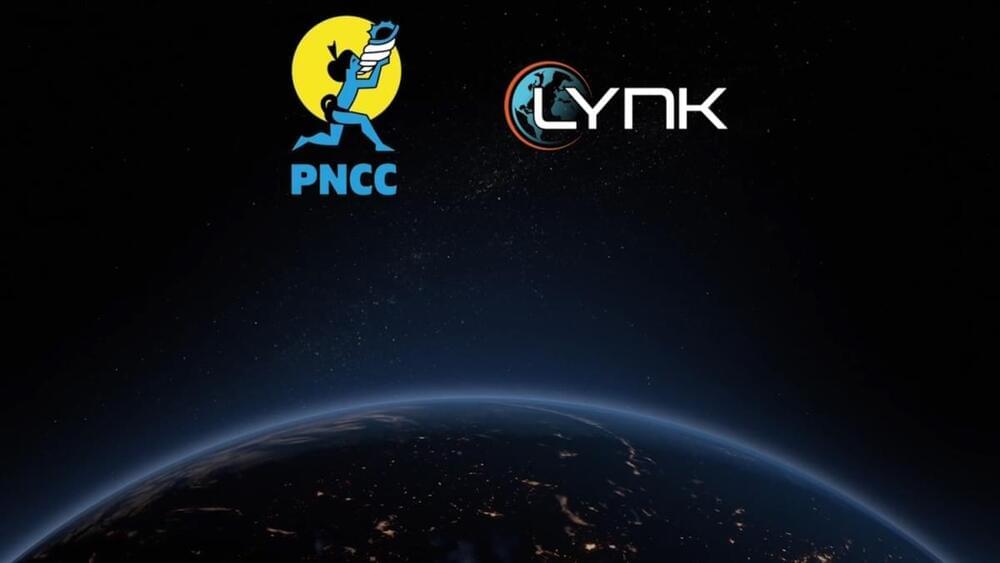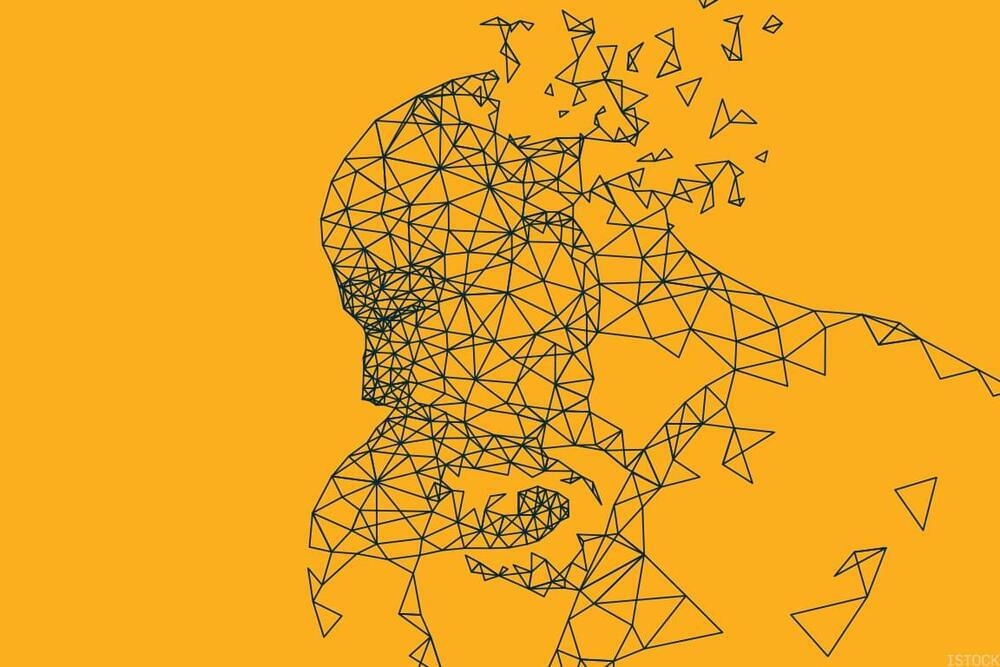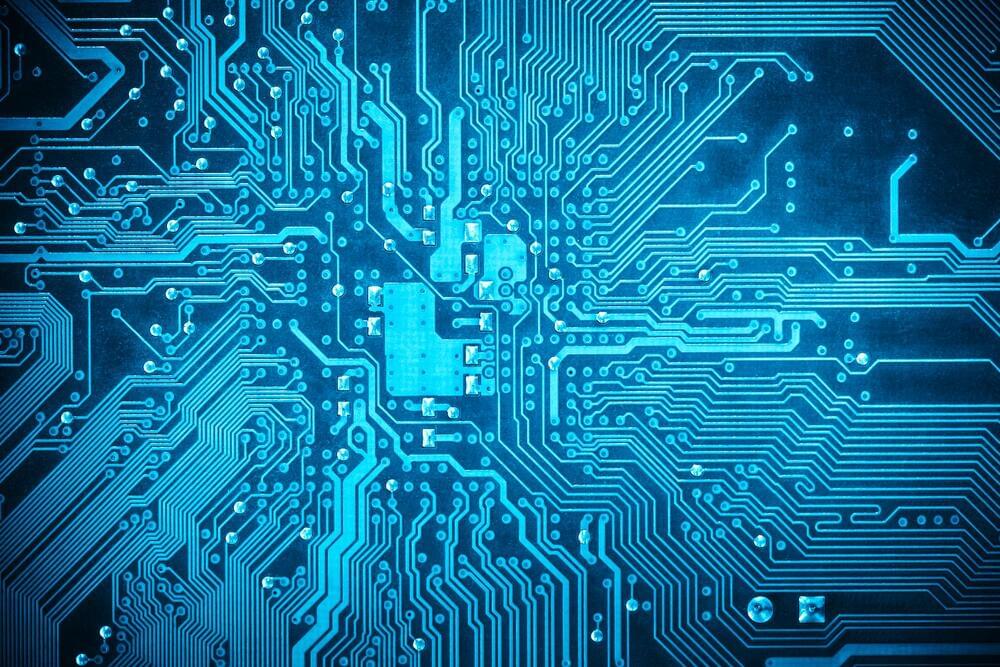
Cambridge scientists have developed a new prototype for computer memory that could make for faster chips that could hold up to 100 times more data. The system is made up of barium bridges between films of a disordered material.
As powerful as current computer technology can be, there are a few hard limits to it. Data is encoded into just two states – one or zero. And this data is stored and processed in different parts of a computer system, so it needs to be shuttled back and forth, which consumes energy and time.
But an emerging form of computer memory, known as resistive switching memory, is designed to be far more efficient. Rather than flipping a bit of information into one of two possible states, this new kind of memory can create a continuous range of states. This is done by applying an electrical current to certain types of materials, which causes their electrical resistance to become either stronger or weaker. A broad spectrum of these slight differences in electrical resistance creates a series of possible states to store data.


